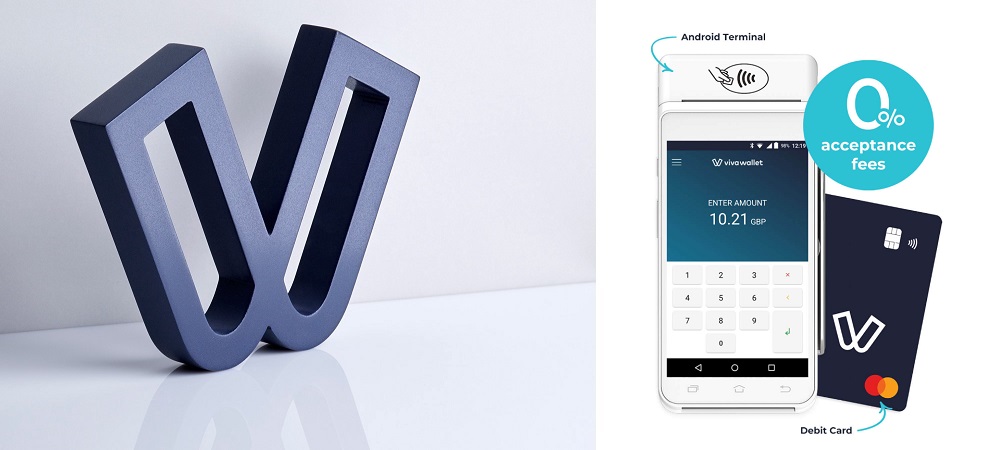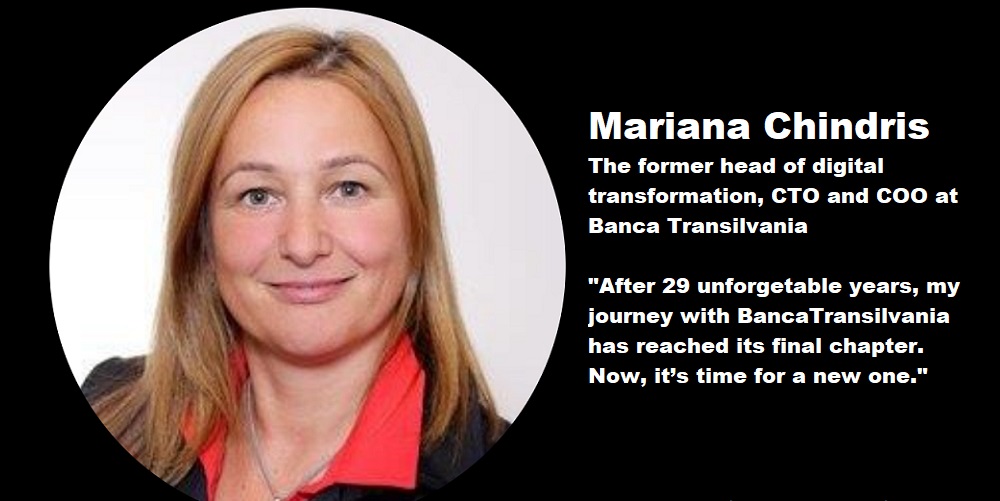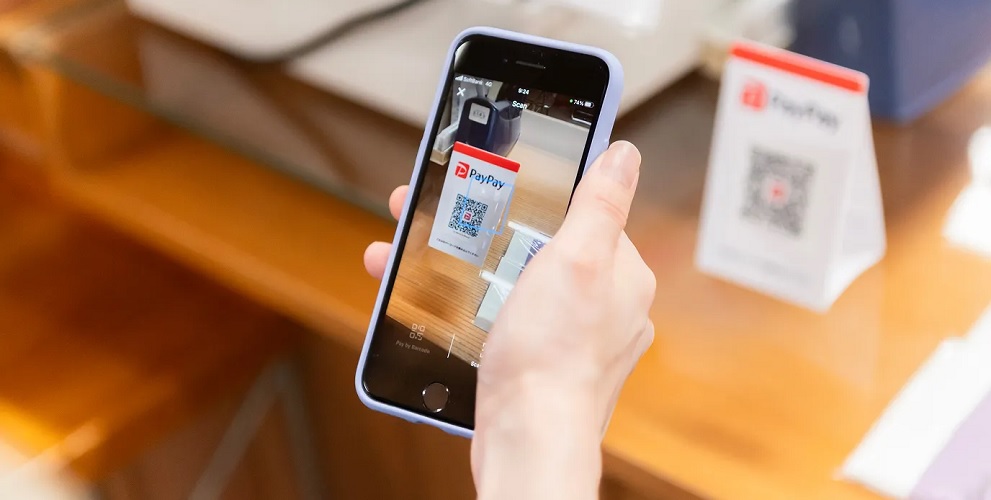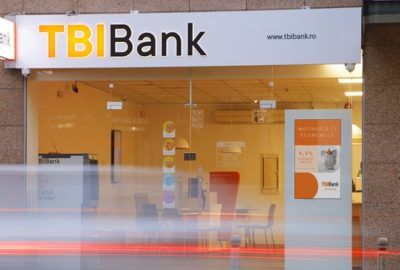Greek fintech Viva Wallet seeks €500 million fundraising after securing a banking licence. “Viva wants to be a neobank without a loan book.”

If successful, the deal could provide a template for small start-up banks in Europe to manage their loan books, making it easier for these so-called neobanks to raise money.
Greek payments company Viva Wallet is looking to raise half a billion euros to support its digital banking operations, sources familiar with the plans told Reuters, eight months after securing a banking licence through a merger with Praxia Bank.
The Athens-based company has hired Jefferies to advise on the 500 million euro fundraising, which will offer stakes in a new legal entity that will take on all Viva Wallet’s banking loans, the sources said, speaking on condition of anonymity.
“Viva wants to be a neobank without a loan book,” one of the sources said.
The fintech company wants to sell loans on its books to a special purpose vehicle (SPV) within 24 hours of finalising them, removing the risk from its balance sheet, one of the sources said.
This new structure shows how financiers in Greece have had to rethink traditional bank funding since the country’s sovereign debt crisis to help to regain the trust of customers and investors alike.
Viva offers cloud-based payments services in 23 European countries, providing payment in three currencies, the euro, British pound and Romanian leu.
Dariusz Mazurkiewicz – CEO at BLIK Polish Payment Standard
Banking 4.0 – „how was the experience for you”
„To be honest I think that Sinaia, your conference, is much better then Davos.”
Many more interesting quotes in the video below:










